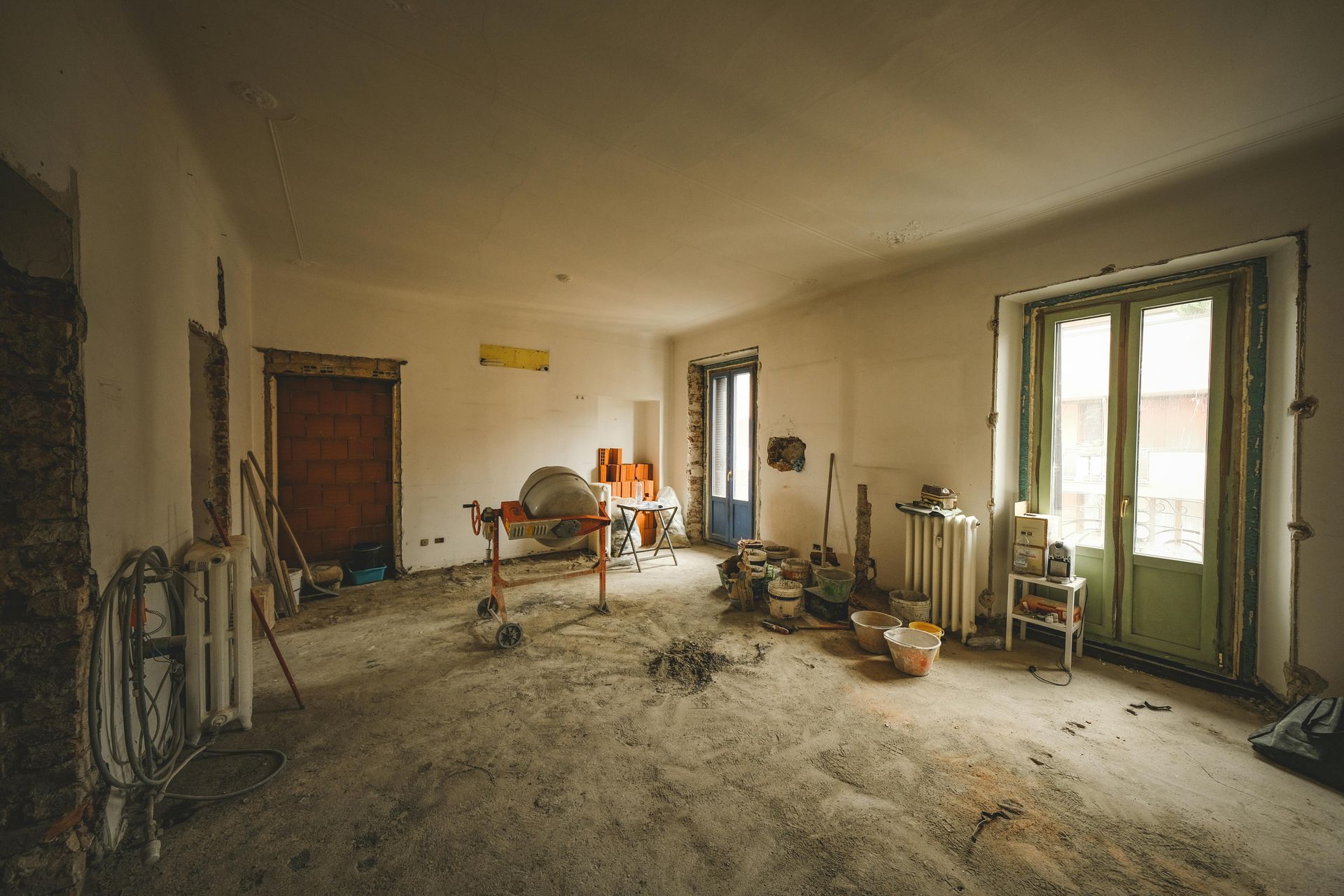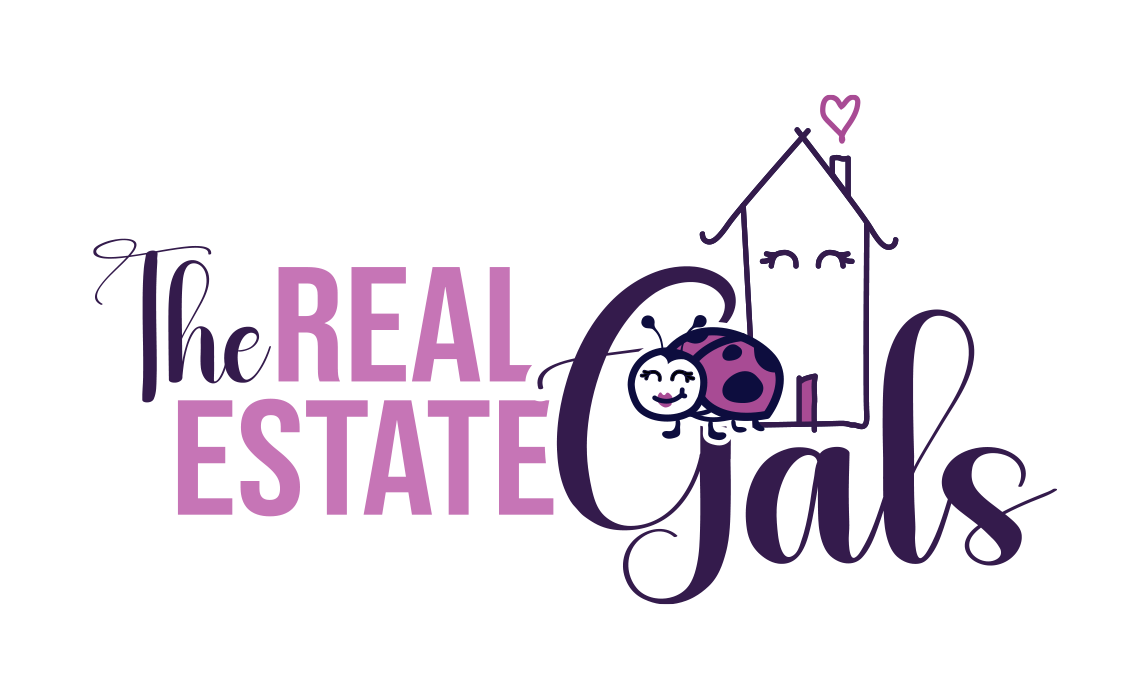The year 2020 – once a futuristic time in movies – has initiated us into a new decade in a way none of us could have anticipated. As the global pandemic spread, we were forced to figure out and learn new or safer ways of doing business, shopping, going to school, entertaining, celebrating and simply conducting our daily lives.
Our lives and how we live them have changed, especially when it comes to our homes. While home has always been an important anchor in our lives, it is now a place many of us are spending the majority of our time – happily or not. With lockdowns and stay-at-home orders part of our foreseeable future, the way we live in and view the home has changed.
And for divorcing families or couples who are struggling, the impact of this pandemic has yet to be fully played out. “Covid divorce” is now working its way into our lexicon but it’s too soon to tell if we will see a spike in divorce rates as a result.
Let’s take a look at some of the trends that have emerged from this past year and what story they tell for the years to come.
Working from home is the new normal
According to
Statistics Canada, about 40% of the working population are in jobs that can be done from home. And shortly after the pandemic hit, this figure became a reality, suggesting that businesses were already in a good position to enable their employees to telework.
StatCan further states that, while telework has been a temporary response for many, “for others this transition might serve as the catalyst for a new way of doing business for years to come.”
No longer considered a perk, working from home is now commonplace. Whether or not it becomes the new normal, it is clear that flexible work arrangements are here to stay. A
recent survey shows a clear change in attitude to the ‘traditional’ workplace, especially among the younger generation who show a strong preference for remote work.
The implications of this trend on the home is already emerging as we’ll see later in this article.
Homeschooling and distance learning on the rise
In 2020, parents gained a new-found respect for teachers! As schools moved into a virtual learning environment last year, working parents – especially working moms – were forced to juggle working from home with managing their children’s education.
Even as schools reopened, many elected to continue with virtual learning. For some, fewer distractions and social pressures, as well as more flexible schedules, have resulted in improved academic performance. This is causing some families to consider other options such as homeschooling as a more permanent solution. Educators are also seeing the benefits distance learning can provide
the benefits distance learning can provide and we may see more options for learning as we continue to adapt to lockdowns and stay-at-home orders.
Suburban sprawl and rural living
Spending more time in our homes – whether working, teaching, learning or otherwise – has also given us a new-found appreciation for space. This is most evident in large, crowded cities like Toronto where many live in small one or two room apartments or condos.
The real estate market – and especially the condo market – has seen an exodus from city life to suburban or country life since the pandemic began. Being able to work from home means you can work anywhere, so many are opting for greener pastures outside the city where there is more room to breathe and move around.
We’re already seeing real estate growth in smaller markets and
this trend is likely to continue, particularly as businesses adapt to more flexible work arrangements.
The end of open concept
For a number of years now, open concept has been the biggest change to home design. Turn on any home renovation show on HGTV and you’ll see walls being taken down to “open up” spaces in homes.
But now that we are spending way more time at home than normal – not just hanging out, but working, studying,“Zooming” and exercising, the need for separate spaces that give us some privacy or room to concentrate has become a necessity.
I’m already having clients asking for bigger backyards for entertaining and rooms with doors for work and study spaces. Expect a
return to more traditional home layouts.
The family impact
For many families, spending more time together has reignited the family unit. With parents interacting with their children on a more regular basis, from homeschooling to finding new and creative ways to keep them entertained, couples and families are finding a renewed appreciation for each other.
But spending more time at home can also have the opposite effect. For couples already struggling, being forced to spend more time together exacerbates issues and, add in the stress of the pandemic itself, it’s no wonder we are seeing an
increase in marriage breakdowns .
Conclusion
Home offices, homeschooling, home exercise gyms, bigger yards – the changes to home life as a result of the pandemic will be significant. The family home is once again becoming the centre of family life. How that will impact future home design – and even the design of cities – is still to be seen, but
changes are in the air and change can be good. Stay tuned.
The information provided on this website does not, and is not intended to, constitute legal advice; instead, all information, content, and materials available on this site are for general informational purposes only. Views expressed are my own. Please consult a lawyer for advice on legal matters.


